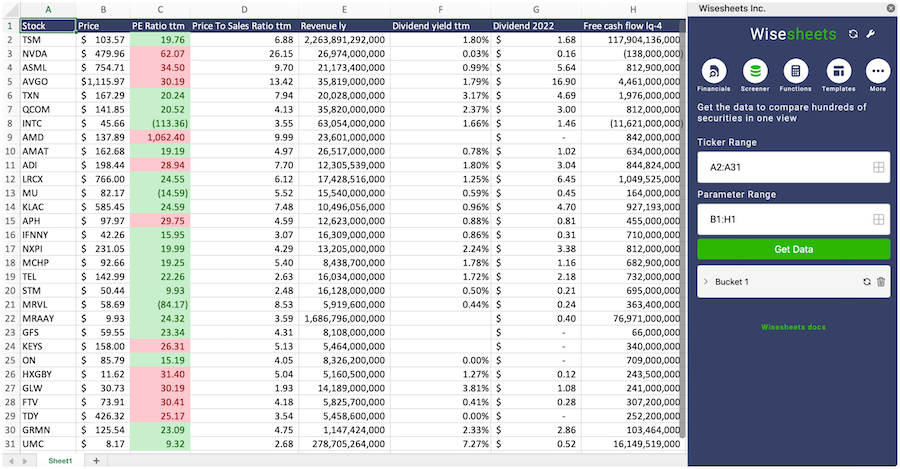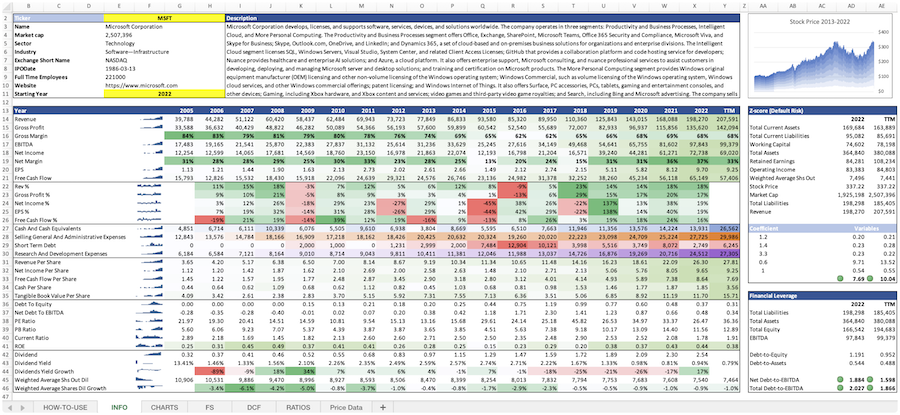Nuveen Georgia Quality Municipal Income Fund
NKG
Price:
$10.1
Market Cap:
$105.04M
Nuveen Georgia Quality Municipal Income Fund is a closed ended fixed income mutual fund launched by Nuveen Investments, Inc. The fund is co-managed by Nuveen Fund Advisors, LLC and Nuveen Asset Management, LLC. It invests in the fixed income markets of the Georgia. The fund invests into undervalued municipal securities and other related investments the income from which is exempt from regular federal and Georgia income taxes. It seeks to invest in investment grade securities with an average maturity of around 17 years. The fund employs fundamental analysis with a focus on bottom-up stock picking approach to create its portfolio. It benchmarks the performance of its portfolio against Standard...[Read more]
Industry
Asset Management - Income
IPO Date
2009-01-01
Stock Exchange
NYSE
Ticker
NKG
The PE Ratio as of March 2025 (TTM) for Nuveen Georgia Quality Municipal Income Fund (NKG) is -4.74
According to Nuveen Georgia Quality Municipal Income Fund’s latest financial reports and current stock price. The company's current PE Ratio is -4.74. This represents a change of -Infinity% compared to the average of 0 of the last 4 quarters.
Nuveen Georgia Quality Municipal Income Fund (NKG) Historical PE Ratio (quarterly & annually)
How has NKG PE Ratio performed in the past?
The mean historical PE Ratio of Nuveen Georgia Quality Municipal Income Fund over the last ten years is 244.82. The current -4.74 PE Ratio has changed -293.68% with respect to the historical average. Over the past ten years (40 quarters), NKG's PE Ratio was at its highest in in the November 2010 quarter at 0. The PE Ratio was at its lowest in in the November 2010 quarter at 0.
Average
244.82
Median
21.21
Minimum
-7.14
Maximum
1.64K
Nuveen Georgia Quality Municipal Income Fund (NKG) PE Ratio by Quarter and Year
Discovering the peaks and valleys of Nuveen Georgia Quality Municipal Income Fund PE Ratio, unveiling quarterly and yearly fluctuations to gain insights into the company’s financial performance and market dynamics, offering valuable data for investors and analysts alike.
Maximum Annual Increase = 12.10%
Maximum Annual PE Ratio = 1.64K
Minimum Annual Increase = -151.26%
Minimum Annual PE Ratio = -7.14
| Year | PE Ratio | Change |
|---|---|---|
| 2022 | -7.14 | -151.26% |
| 2021 | 13.93 | -37.37% |
| 2020 | 22.24 | 67.79% |
| 2019 | 13.26 | -96.51% |
| 2018 | 379.33 | -76.92% |
| 2017 | 1.64K | 12.10% |
| 2016 | 13.47 | -33.22% |
| 2015 | 20.17 | -93.78% |
| 2014 | 324.50 | 1.21% |
| 2013 | 24.80 | 173.67% |
Nuveen Georgia Quality Municipal Income Fund (NKG) Average PE Ratio
How has NKG PE Ratio performed in the past?
The current PE Ratio of Nuveen Georgia Quality Municipal Income Fund (NKG) is less than than its 3-year, less than than its 5-year, and less than than its 10-year historical averages
3-year avg
9.68
5-year avg
84.32
10-year avg
244.82
Nuveen Georgia Quality Municipal Income Fund (NKG) PE Ratio vs. Peers
How is NKG’s PE Ratio compared to its peers?
Nuveen Georgia Quality Municipal Income Fund’s PE Ratio is less than Pioneer Diversified High Income Fund, Inc. (9.61), less than NXG NextGen Infrastructure Income Fund (6.00), less than Eaton Vance Tax-Managed Buy-Write Strategy Fund (-4.44), greater than Delaware Enhanced Global Dividend and Income Fund (-6.99), less than Tortoise Pipeline & Energy Fund, Inc. (22.06), less than Center Coast Brookfield MLP & Energy Infrastructure Fund (9.38), greater than Nuveen Short Duration Credit Opportunities Fund (-13.96), less than American Beacon Mid-Cap Value Fund (0),
| Company | PE Ratio | Market cap |
|---|---|---|
| 9.61 | $106.73M | |
| 6.00 | $235.52M | |
| -4.44 | $93.56M | |
| -6.99 | $80.29M | |
| 22.06 | $95.72M | |
| 9.38 | $102.20M | |
| -13.96 | $116.99M | |
| 0 | $106.05M |
Build a custom stock screener for Nuveen Georgia Quality Municipal Income Fund (NKG) and other stocks
One of the best ways to find valuable stocks to invest in is to build a custom made screener in your Excel or Google Sheets spreadsheet. This allows you to compare thousands of companies like Nuveen Georgia Quality Municipal Income Fund using the financials and key metrics that matter to you in a single view.
The easiest way to set this up is to use the Wisesheets add-on and set your spreadsheet like this:
Covering all these metrics from financial, data, dividend data, key metrics and more you can get all the data you want for over 50+ exchanges worldwide.
Get your free trial here.
Nuveen Georgia Quality Municipal Income Fund (NKG) and other stocks custom spreadsheet templates
The easiest way to analyze a company like Nuveen Georgia Quality Municipal Income Fund or any others is to create a spreadsheet model that automatically retrieves all of the stock data you need.
Using Wisesheets you can set up a spreadsheet model like this with simple spreadsheet formulas. If you change the ticker you can get all of the data automatically updated for you.
Whether you need live data, historical price data, financials, dividend data, key metrics, analyst estimates, or anything else...Wisesheets has you covered.
Frequently asked questions❓
What is the PE Ratio?
How can you use the PE Ratio?
What is Nuveen Georgia Quality Municipal Income Fund's PE Ratio?
How is the PE Ratio calculated for Nuveen Georgia Quality Municipal Income Fund (NKG)?
What is the highest PE Ratio for Nuveen Georgia Quality Municipal Income Fund (NKG)?
What is the 3-year average PE Ratio for Nuveen Georgia Quality Municipal Income Fund (NKG)?
What is the 5-year average PE Ratio for Nuveen Georgia Quality Municipal Income Fund (NKG)?
How does the current PE Ratio for Nuveen Georgia Quality Municipal Income Fund (NKG) compare to its historical average?

